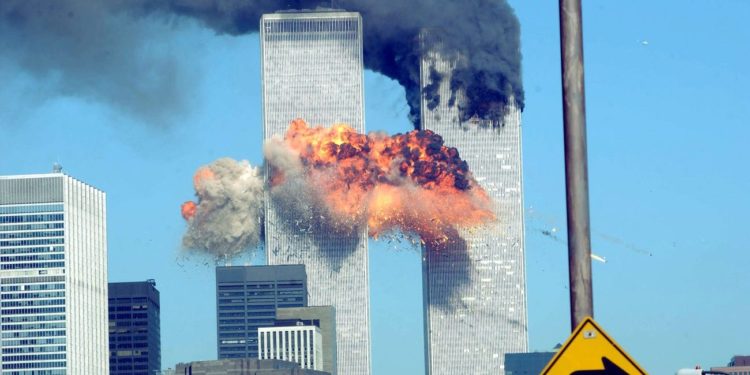“The Unit certainly wanted us all back,” Hand said. “We would be allowed to choose any capacity we wanted, be it up front with the fighting or back in the rear with the ash and trash.”
Delta Force promised the world to the retired or separated operators, offering carte blanche on assignments, including operational slots in assault or sniper teams, training slots in the selection or the operator training course, slots in the special-mission unit’s research and development component, and even administrative jobs at a desk.
The rationale was that seasoned operators could put their hard-earned experience to good use, either in operations themselves or by taking an administrative or training job and allowing another operator to go the front lines.
In the end, the recruitment effort wasn’t a success. Delta Force lured some operators back but failed to get the large numbers it wanted.
The recruitment effort might have misfired, but Delta Force’s campaign against terrorism didn’t.
Avenging America
The Pentagon persuaded the White House to take an unconventional approach against the Taliban and al-Qaeda in Afghanistan.
Instead of sending large numbers of conventional troops, the Pentagon argued, the U.S. should send special operations and paramilitary forces. Army Special Forces and CIA teams deployed to northern and southern Afghanistan to work with local anti-Taliban forces.
JSOC leaders debated what other operations to mount in Afghanistan. The White House, desiring a morale boost for the public, ordered a strike deep inside the Taliban heartland.
Delta Force geared up to hit Objective Gecko, the compound of Taliban leader Mullah Omar in Kandahar, while Rangers would jump on and capture Objective Rhino, a nearby airfield.
The two strikes would boost American spirits and show al-Qaeda, the Taliban, and everyone else that the U.S. could strike anywhere.
“Immediately following the attacks, the world became a ‘No Fly Zone.’ We and just few other aircraft were authorized to fly” back to the U.S. from a training exercise in Europe, a retired Delta Force operator told Insider.
“By the time we got back most of the Unit’s senior leadership was already in DC, working with the White House, SecDef [secretary of defense], and others developing America’s response to the 9/11 attacks,” the retired operator said.
After the plan was finalized and briefings were held, Delta Force “had a short window to refine the actual plan and rehearse” before it was time to execute the mission, the retired operator added.
The raid on Gecko was the longest air assault in U.S. history. Delta operators overcame logistical and operational challenges, and the mission was a success, even though Omar wasn’t there.
Like World War II’s Doolittle Raid, the mission was an important psychological boost. Delta Force showed that even in the face of uncertainty and complexity, Americans would avenge a devastating attack on U.S. soil.
This article was written by Stavros Atlamazoglou and originally published on the Insider.










COMMENTS